Jazz Artistry Now – A published composer, recording artist and performer based in New York City, Mark Taylor has also written new music for theatre, dance, film, and the concert stage.
The terms prodigy and genius are so often dispensed upon individuals prematurely or at least frequently enough to have become relatively commonplace references. But, in the case of Mr. Taylor both of those terms can fittingly be applied to any aspect of his artistry and career.
And it is the term brilliant that is most appropriate for him because it speaks to an ongoing dynamic of artistic creations to come.
Part 2.4 of The Mark Taylor Interview explores his years after leaving conservatory.
Thanks for reading.
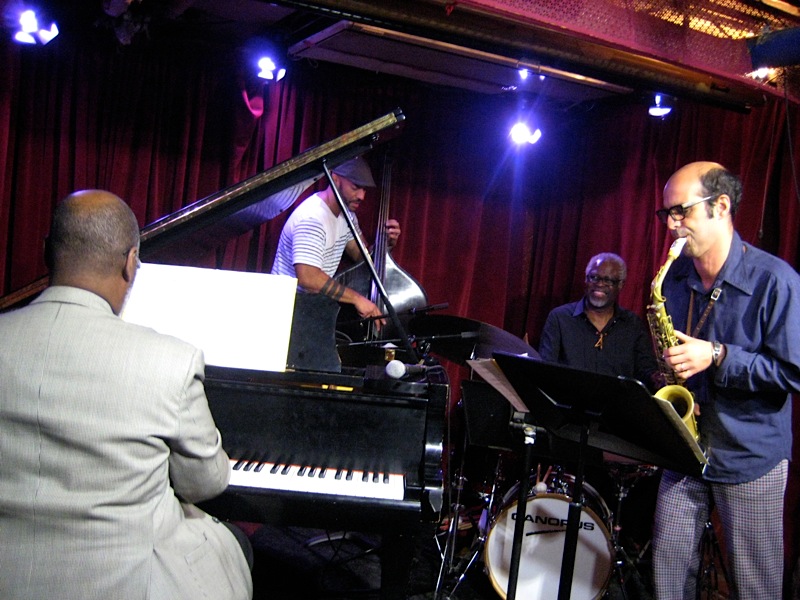
Questions and Essay Dialogues
JAN: Where did you study after your high school career?
MT: Well, my Mom and Dad were graduates of Spelman (College) and Morehouse (College), respectively, so it was probably determined about 30 seconds after I was born that I’d be going to Morehouse when the time came.
After a year there, I transferred to the University of Tennessee in Knoxville where I finished my undergrad (with a brief detour to the University of Miami for a year). It took me so long to finish my Bachelor’s that my Dad stopped asking “when” I was going to graduate and started asking “if” I was going to graduate. After that, I spent 2 years at New England Conservatory in Boston where I was busy NOT finishing my Masters…
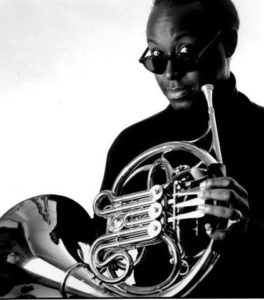
JAN: Why did you choose to go there? Specific teacher(s), course offerings, cultural surroundings, etc.?
MT: I had no choice about going to Morehouse, and UT wasn’t far from home (and it was inexpensive).
I transferred to Miami because, at the time, it was considered a pretty big deal music program (is it still?) and I wanted to be in a program that was producing some of the people that were on the records I was listening to.
NEC was a suggestion from Jerry Coker at UT. He thought George Russell and I would be a good fit and I’d learn a lot from him. I didn’t really have too much of a plan, just big, vague dreams that seemed like a plan at the time.
JAN: What were your goals in engaging formal studies?
MT: In my family, you went to college. That was that. For some reason, I’d wanted to go away to college from the time I was little. Also, though, I knew that the orchestral players I admired came through these university music programs and then, later when I got interested in studio playing and jazz after that, school just seemed to be how you found your way into those worlds.
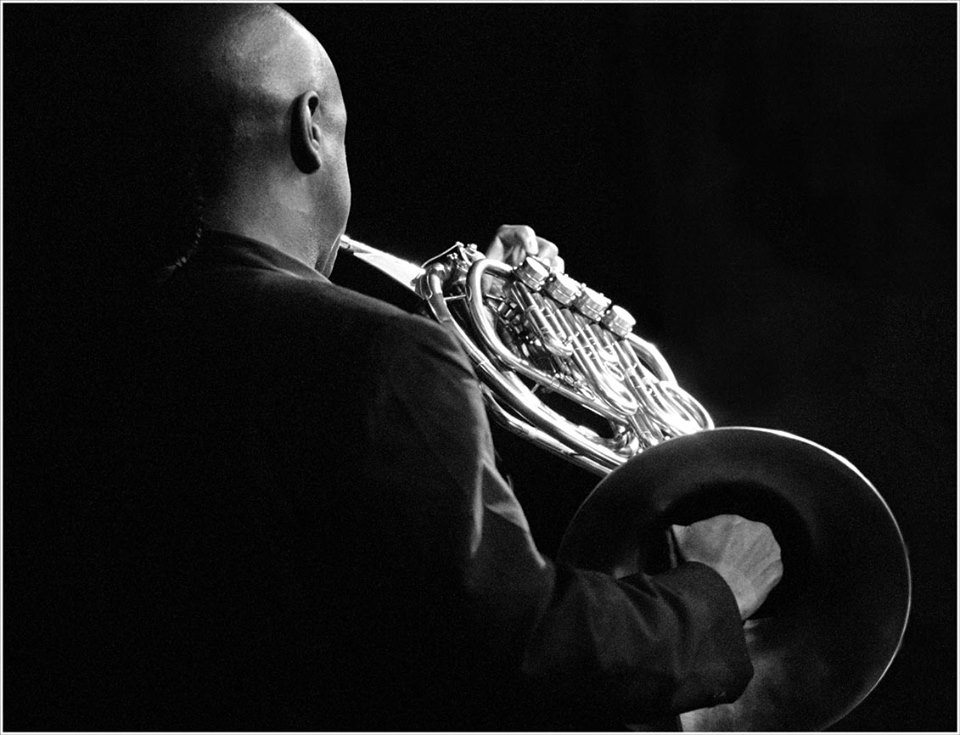
JAN: What were your areas of emphasis?
MT: At first, it was French Horn performance. Orchestral and chamber music. By the time I finished undergrad, I wanted to go to LA and be a studio musician. Then I discovered jazz and things went a different direction.
Being a child of the 70s, I actually thought you could do both and make a nice living at it. But by the time I got through school, the days of running around NYC going from session to session playing jingles, TV and film music were pretty much over.
JAN: Upon completing this phase, what were your immediate goals – personal and professional?
MT: I definitely had delusions of grandeur! I don’t tell many people, but my plan was to become a MAJOR jazz artist on the French Horn. I know, right? I was convinced I was going to change the world. Or at least the French Horn world! HA!
I wanted to come to NYC and live the life that looks back at you from those old Blue Note and Impulse album covers. I wanted to tour and record with amazing musicians and, hopefully, make a meaningful contribution to the worlds of music and Horn playing.

JAN: How has formal education changed the landscape of the professional working environment for improvising artists?
MT: I wonder.
I know I wouldn’t have done the things I’ve done without a formal education, mostly because I don’t think I’d have been exposed to a lot of these things in the first place.
At this point, however, I think that school might not be the best environment for learning to create a niche for yourself as an artist. Not that there shouldn’t be “formal” training; just that the format might need to change so that people don’t spend years preparing for jobs that don’t really exist anymore.
JAN: How have you maintained such consistency in artistic excellence and innovation in your career?
MT: BECAUSE I’M BATMAN!!
Actually, I think it’s mostly because I’ve been fortunate enough to have been surrounded by amazing musicians and people this whole time.
I tell people all the time that I feel so fortunate that my friends are some of the most amazing musicians on the planet and most of them actually WANT to play my stuff! At least that’s what they tell me…
JAN: What insights can you share with emerging and aspiring artists and composers working in the field?
MT: I was at a workshop a few years ago at Columbia University that was geared towards helping “jazz composers” become more adept and more comfortable writing for symphony orchestra.
One of the talks was about having a career as a Composer and the speaker talked about how most people look at a career like it’s the Eiffel Tower. There’s a bunch of us at the bottom and if you work really hard and are lucky, one day you’ll be at the top with John Adams and Philip Glass.
Then he said, “Guess what? There IS NO Eiffel Tower.”
What we should be doing, he said, is to find a community of like-minded individuals, gather them around you and “make as much noise as possible.”
That really hit me.
Especially as I’ve watched the massive changes that have happened even in our little corner of the music business. I now think doing the work and making a lot of noise is the way to go.
Luckily our current technology really allows us to do that!
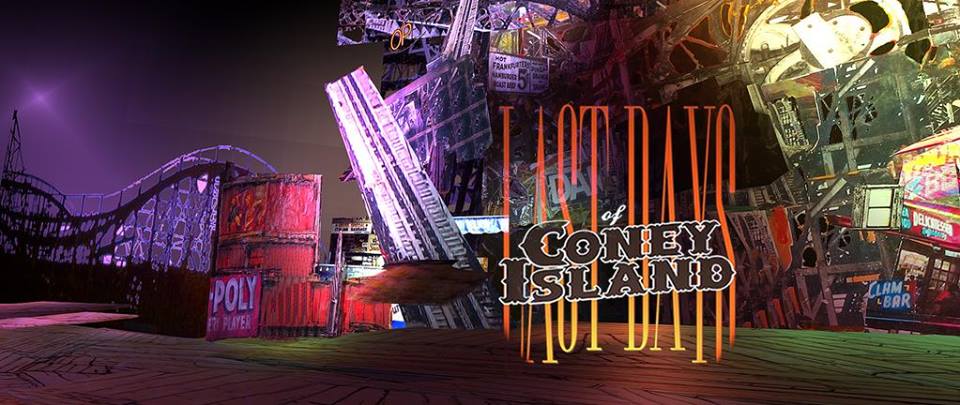
JAN: How important has your being based in New York been to your career?
MT: Extremely important in the beginning.
I moved here in 1990 and because I’d met Muhal Richard Abrams and Max Roach before I came to town, I got thrown into an entire world of immensely talented and creative people I never would have met otherwise.
I don’t know what it’s like for people to come here now. I get the sense that the types of playing, recording and touring that I got to do are much harder to come by now.
JAN: You are “tech savvy” – how important is technology to the work you do in the field today?
MT: VERY.
In school, I stayed very far away from writing for larger ensembles simply because I just didn’t want to COPY. ALL. THOSE. PARTS.
Funny because I actually worked as a copyist from time to time but wouldn’t do it for my own stuff.
The advent of useable notation software (I’m old enough to have had to try to play music notated in some of the earliest attempts at creating scores and parts on the computer) enabled me to begin exploring writing for bigger groups, among other things.
Also, one of the things I do today is to compose for production music libraries and the occasional film project and MOST of that kind of work is done using virtual instruments and sample libraries to realize the music I’ve written.
Without the technology, I wouldn’t be able to participate in those worlds at all.
About Mark Taylor
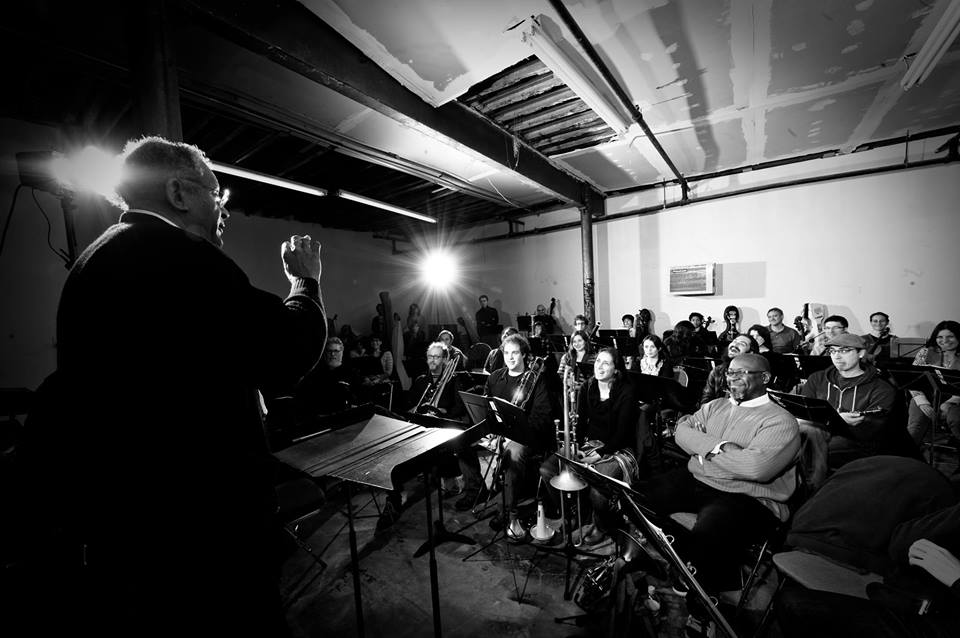
Composer/Performer Mark Taylor has written new music for theatre, dance, film, and the concert stage. In addition to several new chamber works, including “3 Songs About Puppetry” (commissioned by the principal Hornist of the Michigan Philharmonic), Mark has written and recorded the score for “Last Days of Coney Island” for famed animator/director Ralph Bakshi, placed two songs in the Dollface Productions independent feature film “The Girl” and scored the documentaries “9/11 Fear In Silence” for JadeFilms and Camille Billops’ “A String of Pearls.”
Other projects include “It’s Not Like He’s Never Been There Before”, a multi-movement orchestral work, commissioned by the Tri-Centric Foundation and a series of transcriptions of the work of seminal jazz bandleader James Reese Europe’s 369th “Hellfighters” military band for the Brooklyn Repertory Ensemble. Mark has released four CDs of all original material, QuietLand, Circle Squared, At What Age and Live At The Freight (co-led with composer/saxophonist Jessica Jones).
One of the few performers to successfully integrate the notoriously difficult French Horn into the landscape of jazz and improvised music, Taylor’s broad musical background includes performing, composing and arranging. In addition to leading his own ensembles, Mark has also performed and recorded with an array of modern jazz giants including Max Roach, Henry Threadgill, Wadada Leo Smith, Muhal Richard Abrams and Anthony Braxton.
